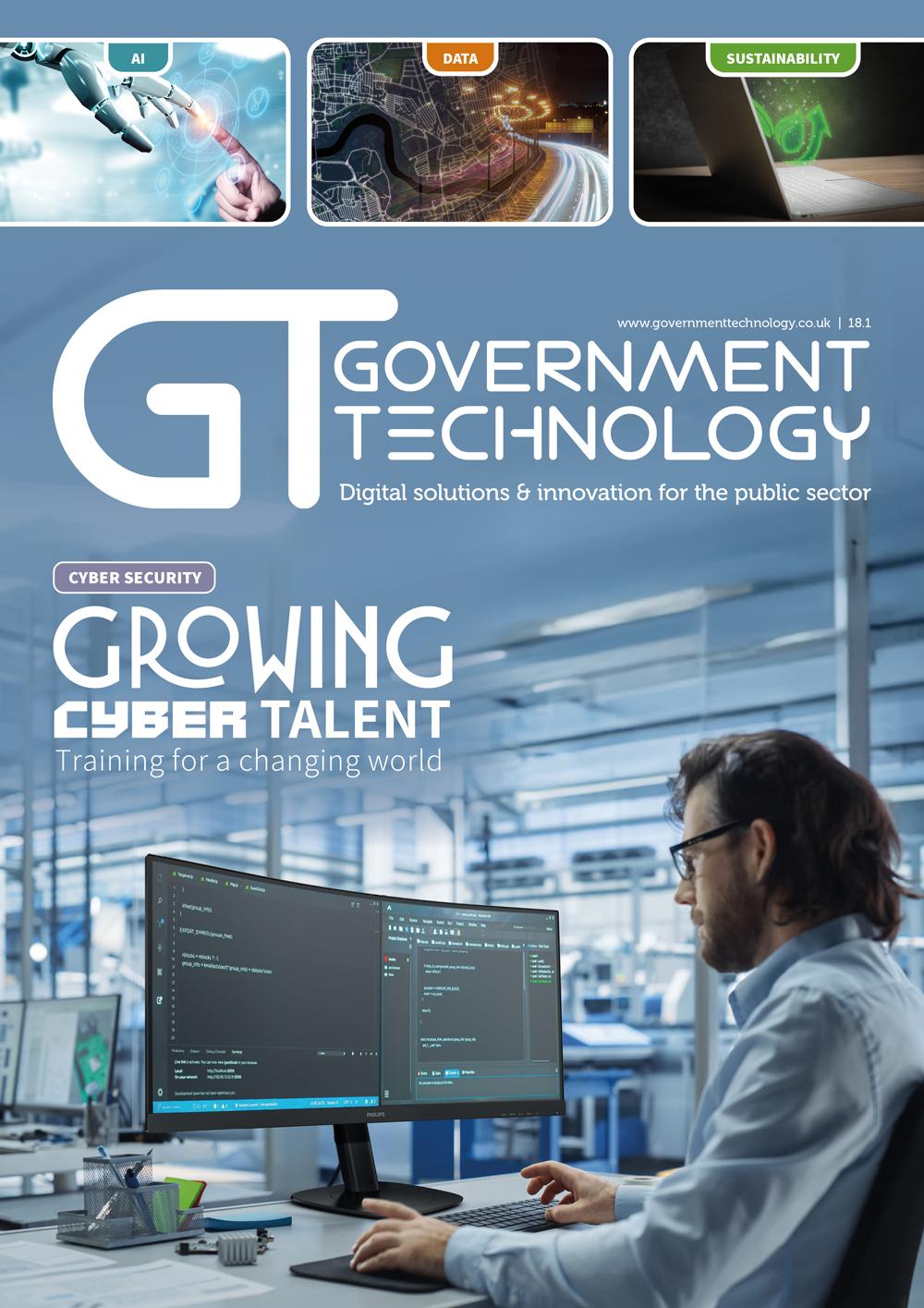The second round of the Manchester Prize has been launched by the government, with innovators able to win funding to use technology to help reach net zero.
Teams of innovators, academics, start-ups and entrepreneurs based in the UK will be able to apply for funding to develop solutions which will decarbonise the nation’s energy grid and boost the UK’s energy security.
Applicants will need to demonstrate how their innovations will boost low-cost energy, reduce energy demand and make energy use more efficient across the country.
For example, projects could include new avenues for boosting the power generated by wind and solar farms, using AI to increase energy efficiency in homes and businesses, and tapping into the technology to build up a better understanding of future spikes in energy demand.
Minister for AI Feryal Clark said: "AI can transform our public services, make us more productive and tackle some of the biggest shared challenges in society. AI is already having a positive impact on so many aspects of our lives, but there’s much more waiting to be tapped into.
"The second round of the Manchester Prize will bring brilliant British innovation to bear to deliver a clean, secure energy future for the UK. Whether in energy, healthcare, or beyond, we’re backing AI innovations to deliver real and lasting change across the country."
Chief scientific adviser at the Department for Energy Security and Net Zero Professor Paul Monks said: "The greatest long-term challenge we face is the climate and nature crisis: that’s why we have our world leading targets to decarbonise the electricity grid by 2030 and to reach net zero by 2050.
"We need an ambitious approach to using artificial intelligence across the development, engineering and operation of our energy systems and so I am pleased to see the Manchester Prize recognising that with its dedicated new round on decarbonisation."
The Manchester Prize was launched in December 2023 by the Department for Science, Innovation, and Technology and is being delivered in partnership with Challenge Works.
Up to 10 innovators will receive £100,000 with one winner to receive a £1 million grand prize.
Applications are open until 17 January and a shortlist of ten finalists will be announced in the spring.


